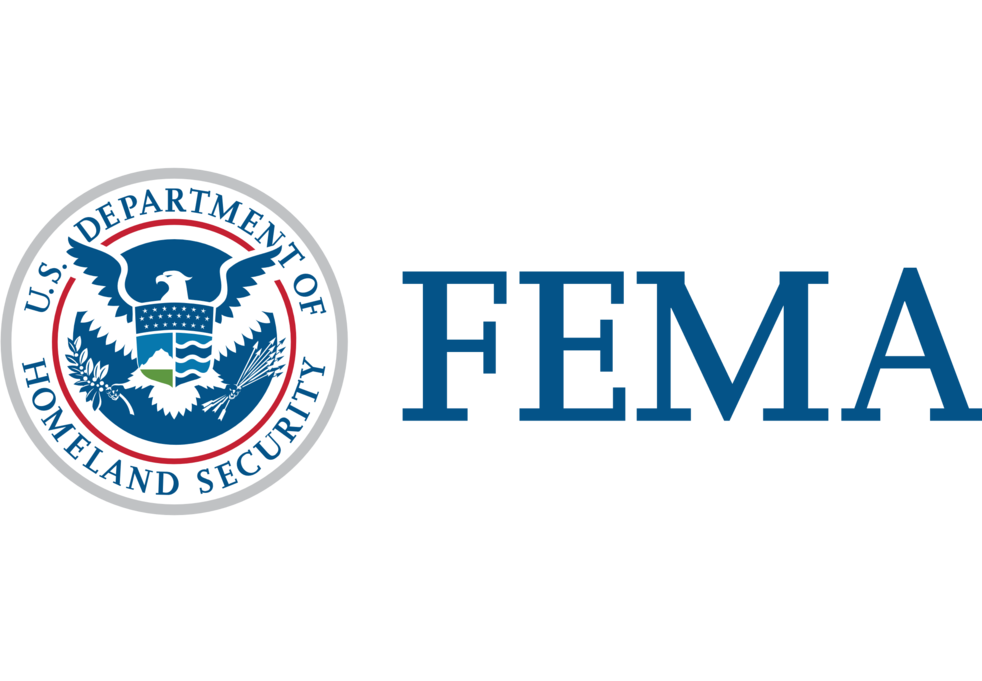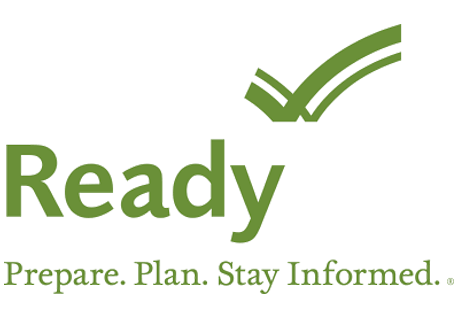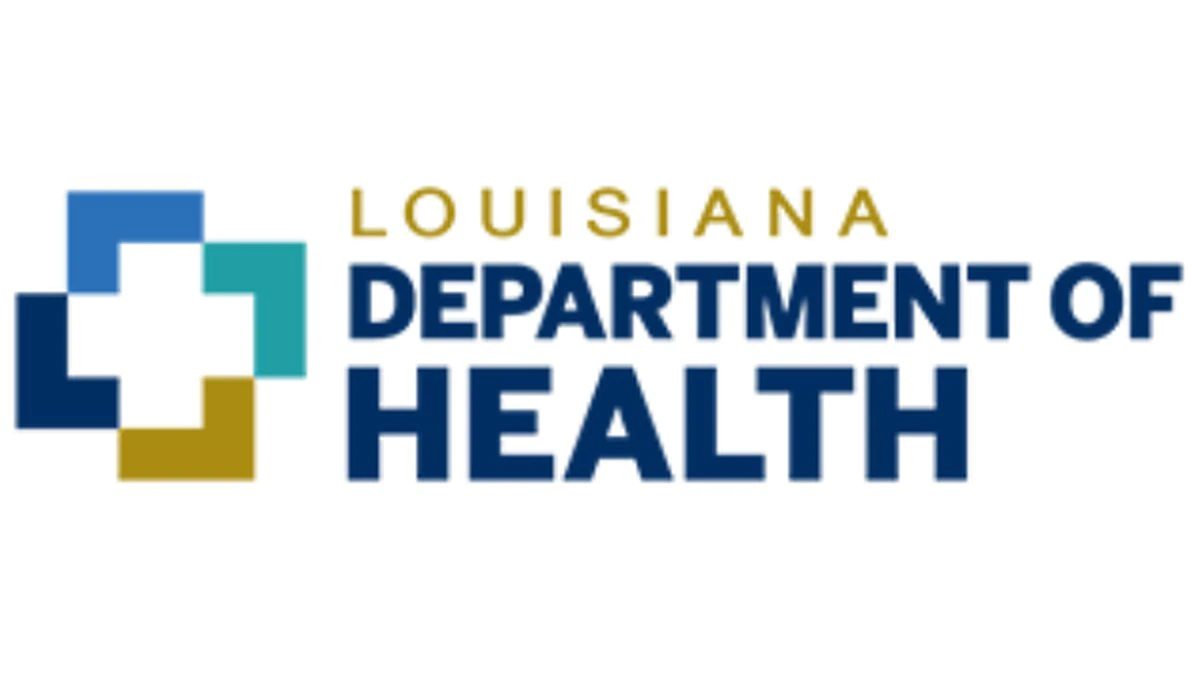Emergency Preparedness
Emergency preparedness (EP) can be described as a continuous cycle of planning, organizing, training, equipping, exercising, evaluating, and taking corrective action in an effort to ensure effective coordination during incident response. Louisiana, in close proximity to the Gulf of Mexico, has its fair share of hurricanes and weather-related emergencies. Like other parts of the country, Louisiana must also remain vigilant by preparing for disease outbreaks, bio-hazards, terrorism, technological failure, and other emergencies. According to the Trust for America's Health, Louisiana recently scored a 6 out of 10 in key indicators of public health preparedness.
In many cases, Community Health Centers play an enormously significant role in emergency response.
Identifying the appropriate roles for health centers in an emergency can be a challenge because of variations in their size and scope, inherent capabilities, and in the relationships they have with local hospitals and other response partners. However, with the right type of planning, which includes carving out specific emergency management roles based on community needs, health centers are uniquely poised to assist those individuals who are disproportionately affected by disasters.
LPCA’s Emergency Preparedness initiative aims to act as a resource for Louisiana’s FQHCs as they seek emergency management guidance, information on trainings, literature, and resources to assist in the development of an effective EP framework for centers, staff members, patients, and the broader community.

HRSA requires that any interruption to HRSA services be reported to them. Do it easily with the LPCA After-Emergency Damage Survey.
LPCA's Emergency Preparedness Program
LPCA's Emergency Preparedness program plans for an all-hazard approach for responses. LPCA is committed to offering resources, literature, and plan templates to help FQHCs prepare and plan for emergencies. An efficient emergency preparedness plan includes the following:
Key Emergency Preparedness Roles and Responsibilities for FQHCs
Emergency Preparedness Resources
Centers for Disease Control and Prevention (CDC)
The CDC works to protect America from health, safety, and security threats, both foreign and domestic. Whether diseases start at home or abroad, are chronic or acute, curable or preventable, human error or deliberate attack, the CDC fights disease and supports communities and citizens to do the same.
Federal Emergency Management Agency (FEMA)
FEMA's mission is to support US citizens and first responders to ensure that as a nation we work together to build, sustain, and improve our capability to prepare for, protect against, respond to, recover from, and mitigate all hazards.
US Department of Homeland Security's Ready Campaign
Launched in February 2003, Ready is a national public service advertising (PSA) campaign designed to educate and empower Americans to prepare for and respond to emergencies including natural and man-made disasters. The goal of the campaign is to get the public involved and ultimately to increase the level of basic preparedness across the nation.
Louisiana Department of Health's Office of Public Health
LDH's Office of Public Health works to protect and promote the health and wellness of all individuals and communities in Louisiana. This is accomplished through education, promotion of healthy lifestyles, preventing disease and injury, sharing vital information, and assuring preventive services to uninsured and underserved individuals and families.
Questions about emergency preparedness? Please contact Dara Stout at dstout@lpca.net or (225) 927-7662, ext. 202.




